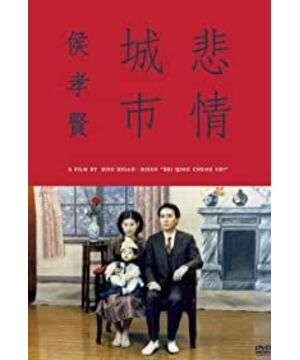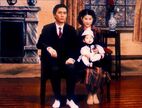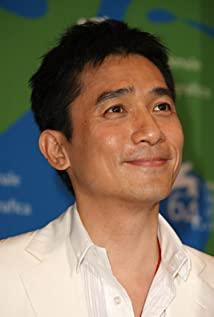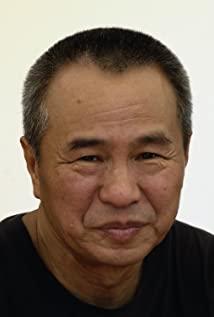Who would have thought of the end? This group of patriotic The local elites were captured by the Nationalist government, tried in secret, shot and disappeared, even if they were hidden in the mountains. Another group of locals chased and killed "people from other provinces" with big sticks, as long as they did not speak Hokkien, It is the enemy in their eyes - "Chinese people who bully Taiwanese".
This is before and after "228" in Taiwan. Hou Hsiao-hsien uses his amazing film narrative brush to tell you how everything happened and how it is possible.
The cause can of course be attributed to the nationals The government made mistakes and even took over the corruption of the high-ranking official Chen Yi, disregarding the livelihood of the people (prices soared, people's livelihood was in decline, even worse than in the era of Japanese occupation), and distrust of local people (power and positions were all controlled by mainlanders), Taiwan's Japanese government 5 Decades of sadness turned into distrust of all foreign regimes.
This seed was planted in 1945 (in fact, it can be traced back earlier, the "Treaty of Shimonoseki" the Qing government ceded Taiwan to Japan, "who asked Taiwan?" "Taiwanese are so cheap, and they love to be managed by the Japanese!"), and the flowers of hatred grew in 1947. Later, although the Chiang Kai-shek government took some tender measures to promote land reform and improve people's livelihood, military control, The distrust of the local people will not be greatly loosened until Chiang Ching-kuo came to power.
Although the scars of history have gradually healed, the pain in the hearts of the families of the casualties will be unforgettable. After Lee Teng-hui took office, the DPP participated in elections at all levels. On the 28th, "people from other provinces bully people from this province" and "Taiwanese people have to stand out" has become an invincible weapon for the DPP to appeal to local tragedies.
There are elections in Taiwan every year. Legislative elections, presidential elections, county and mayor elections, (Taiwan) Beigao (Xiong) elections, once the elections come, it will tear the scars of the accusations against foreigners again. The more intense the elections, The stronger the blue-green confrontation, the greater the split between the ethnic groups, and the more iron tickets for the Green Camp. It has only been more than ten years since Taiwan’s elections were opened, and the opposition between the blue and green groups, especially the hatred against blue among the less educated people in the south, has long been unimaginable.
"People from other provinces", even the second and third generations, have become "original sins", and the ethnic split "only recognizes blue and green" is increasingly showing signs of irrationality... Could this be another city of sadness?
View more about A City of Sadness reviews











